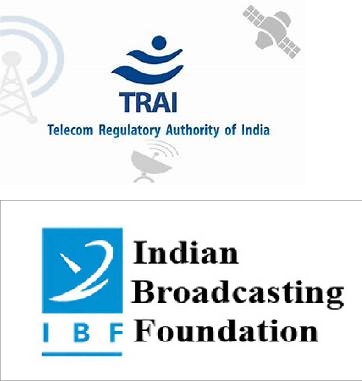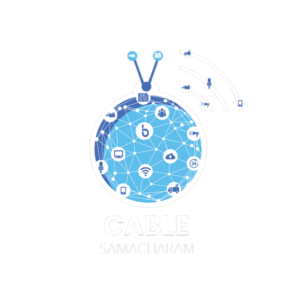TV broadcasters are anxious as the Supreme Court is yet to list the petitions filed by Indian Broadcasting & Digital Foundation (IBDF) and others against Bombay High Court order in the New Tariff Order (NTO) 2.0 case. Getting an early hearing in the matter is crucial for broadcasters as the six-week window granted by Bombay HC to broadcasters will end in the second week of August.
While disposing of petitions filed by the IBDF (earlier IBF) and others on June 30, the Bombay High Court had directed the Telecom Regulatory Authority of India (TRAI) not to take any coercive action for six weeks as far as implementation of NTO 2.0 barring the second proviso of the twin conditions, which was set aside, is concerned.
The NTO 2.0 implementation will be effective from August 12, following which broadcasters will have to file fresh reference interconnect offer (RIO) declaring the new MRP and bouquet prices under the amended tariff order. Once the broadcasters file the RIO, they have to sign agreements with distribution platform operators (DPOs) and move the customers to the new tariff regime.
In an earlier interaction with exchange4media, a senior TRAI official had said that the six-week deadline is enough for stakeholders to come out with new RIO. “The Bombay HC has been very judicious in giving six weeks’ time because the stakeholders have to sign new agreements, and then make offers to consumers and then migrate the consumer to the new tariff regime. We hope that the industry will respect the court’s verdict and abide by the six-week timeline to implement the amended tariff order,” the official had said.
IBF, the lead petitioner in the matter, has been joined by Star India, ZEEL, Sony Pictures Networks India (SPNI), Viacom18, Film and The Film and Television Producers Guild of India in challenging the Bombay HC order.
A senior lawyer involved in the matter said that the petitions are most likely to be listed for hearing next week. “We expect the petitions to be listed next week. We can only hope that the matters are heard urgently as the six-week time given by Bombay HC will be ending soon,” the lawyer said.
According to a senior regulatory executive with a leading TV broadcasting network, the TRAI will send out letters to all the pay broadcasters to comply with NTO 2.0 in case the apex court doesn’t grant any interim relief. “TRAI will send out letters to all the stakeholders immediately after the end of six-week period,” the executive said.
An industry source, meanwhile, said the broadcasters will also be prepared for any eventuality. “The broadcasters will have a back-up plan like keeping the RIO ready as per the amended tariff order in case the SC doesn’t grant any immediate relief,” the source said.
While notifying NTO 2.0 on January 1, 2020, the TRAI had said that the amended tariff order come into force from March 1, 2020 except clause 2, 6 and 7 of this order which shall come into force from the date of publication of this order in the official gazette. The stakeholders are hoping that TRAI will grant some time to implement the amended tariff order.
In its petition challenging the Bombay HC order, IBDF has contended that the operationalisation of NTO 2.0 would require the broadcasters and distribution platforms to execute over 100,000 agreements, and it would be virtually impossible to roll back the effect of the said change, if its appeal succeeds.
The foundation also contended that TRAI will not suffer any prejudice or hardship if an interim stay is granted. Therefore, IBDF argued that the balance of convenience lies in favour of the broadcasters since they stand to be subjected to greater inconvenience if the interim order is denied.
IBDF has also argued that the Bombay HC’s reading of Article 19(2) is incorrect as it has applied an additional requirement of public interest when it comes to interpreting a broadcaster’s right to freedom of speech and expression under Article 19(1)(a). This, the IBDF said, will restrict the fundamental right to speech and expression of the broadcasters and will give powers to the TRAI to micro-manage the broadcasting sector.
























